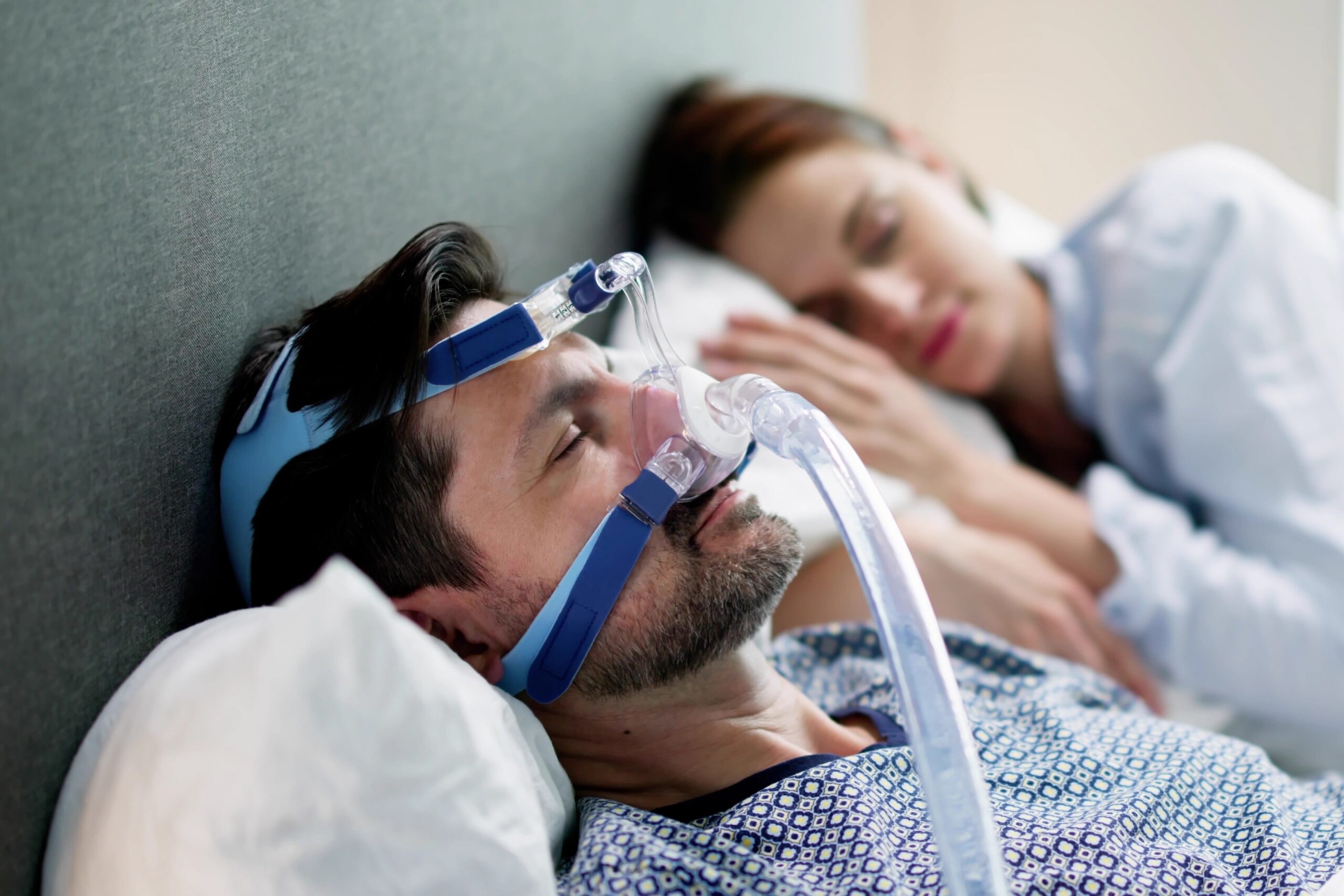
Many Veterans who served in Iraq, Afghanistan, and other locations during recent conflicts reported a range of health issues following their exposure to burn pits. Among these concerns, sleep apnea has emerged as a prevalent condition affecting numerous Veterans.
This article delves into the potential connection between burn pit exposure and sleep apnea, examines the current stance of the Department of Veterans Affairs (VA) on this issue, and guides Veterans seeking disability benefits for sleep apnea and other related conditions.
At Berry Law, Veterans can work with a military burn pit exposure lawyer familiar with the challenges of claims connected to toxic exposure during military service. A knowledgeable advocate can make all the difference in a successful claim to secure earned benefits.
Sleep apnea is a sleep disorder characterized by repeated interruptions in breathing during sleep. These pauses, or apneas, can last from a few seconds to minutes and may occur 30 times or more per hour. The most common type is obstructive sleep apnea (OSA), where the airway becomes blocked or collapses during sleep, leading to decreased oxygen levels and disrupted sleep patterns.
Symptoms of sleep apnea include:
While sleep apnea can affect anyone, certain risk factors increase its likelihood, including obesity, age, smoking, and family history. However, for Veterans exposed to burn pits, the question arises: Could this exposure have contributed to or caused their sleep apnea?
To understand the potential connection between burn pit exposure and sleep apnea, consider the nature of burn pit emissions and their effects on the respiratory system. Burn pits were used extensively in military operations to dispose of various types of waste, including:
The burning of these materials released a complex mixture of pollutants into the air, including:
Exposure to these toxins has been associated with various respiratory issues, including:
While the direct causal link between burn pit exposure and sleep apnea is still being researched, there are several theories on how this exposure could contribute to the development of sleep apnea:
While studies specifically examining the link between burn pit exposure and sleep apnea are limited, some research has suggested a potential connection:
These studies, while not definitively proving causation, suggest a potential association between burn pit exposure and an increased risk of sleep apnea among Veterans.
As of 2023, sleep apnea is not listed as a presumptive condition for burn pit exposure by the VA. This means that Veterans seeking disability compensation for sleep apnea related to burn pit exposure must provide evidence to establish a service connection.
However, it’s important to note that the list of presumptive conditions for burn pit exposure has expanded in recent years, particularly with the passage of the PACT Act in 2022. While sleep apnea is not currently included, ongoing research and advocacy efforts may lead to changes in the future.
Veterans who believe their sleep apnea is related to burn pit exposure can still file a claim for disability benefits. An experienced VA disability benefits attorney can help with the process:
While establishing a service connection for sleep apnea related to burn pit exposure can be challenging, it’s not impossible. Many Veterans have successfully obtained disability benefits for this condition by providing comprehensive evidence and persisting through the claims process.
While sleep apnea is not currently a presumptive condition for burn pit exposure, several other respiratory conditions are recognized by the VA as presumptive. These include:
Veterans diagnosed with these conditions who were exposed to burn pits during their service may have an easier path to obtaining disability benefits.
While this article primarily focuses on sleep apnea as a potential primary condition related to burn pit exposure, sleep apnea can also be claimed as a secondary condition to other service-connected disabilities. This is particularly relevant for Veterans exposed to burn pits who may have developed other respiratory or systemic conditions.
Sleep apnea can potentially be secondary to:
For Veterans who have already established service connection for another condition related to burn pit exposure or military service, it may be easier to pursue a claim for sleep apnea as a secondary condition rather than as directly service-connected. This approach can be particularly useful if there’s strong medical evidence linking the primary condition to the development of sleep apnea.
When filing a claim for sleep apnea as a secondary condition, provide medical evidence establishing the link between the primary service-connected disability and sleep apnea. A medical opinion from a healthcare provider can be particularly valuable in these cases.
Veterans should discuss this option with their VA-accredited attorney to determine the most appropriate strategy for their case. The goal is to ensure that all service-connected conditions, whether primary or secondary, are properly recognized and compensated.
While the direct causal link between burn pit exposure and sleep apnea continues to be studied, many Veterans report experiencing this condition following their service in areas where burn pits were used. Although sleep apnea is not currently recognized as a presumptive condition for burn pit exposure by the VA, Veterans can still pursue disability benefits by providing evidence of a service connection.
The journey to recognition and compensation for burn pit-related illnesses has been long and challenging for many Veterans. However, with increased awareness, ongoing research, and persistent advocacy, progress is being made. Veterans affected by burn pit exposure, including those suffering from sleep apnea, should continue to seek support, stay informed about their rights, and advocate for their health and well-being. The burn pit exposure attorneys from Berry Law work with Veterans nationwide, from all military branches. For a free confidential consultation, call Berry Law at 888-883-2483 or fill out our online contact form.
Our monthly newsletter features about important and up-to-date veterans' law news, keeping you informed about the changes that matter.